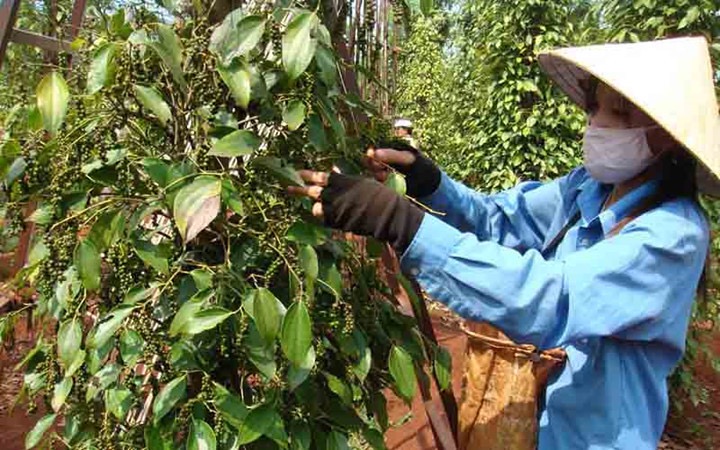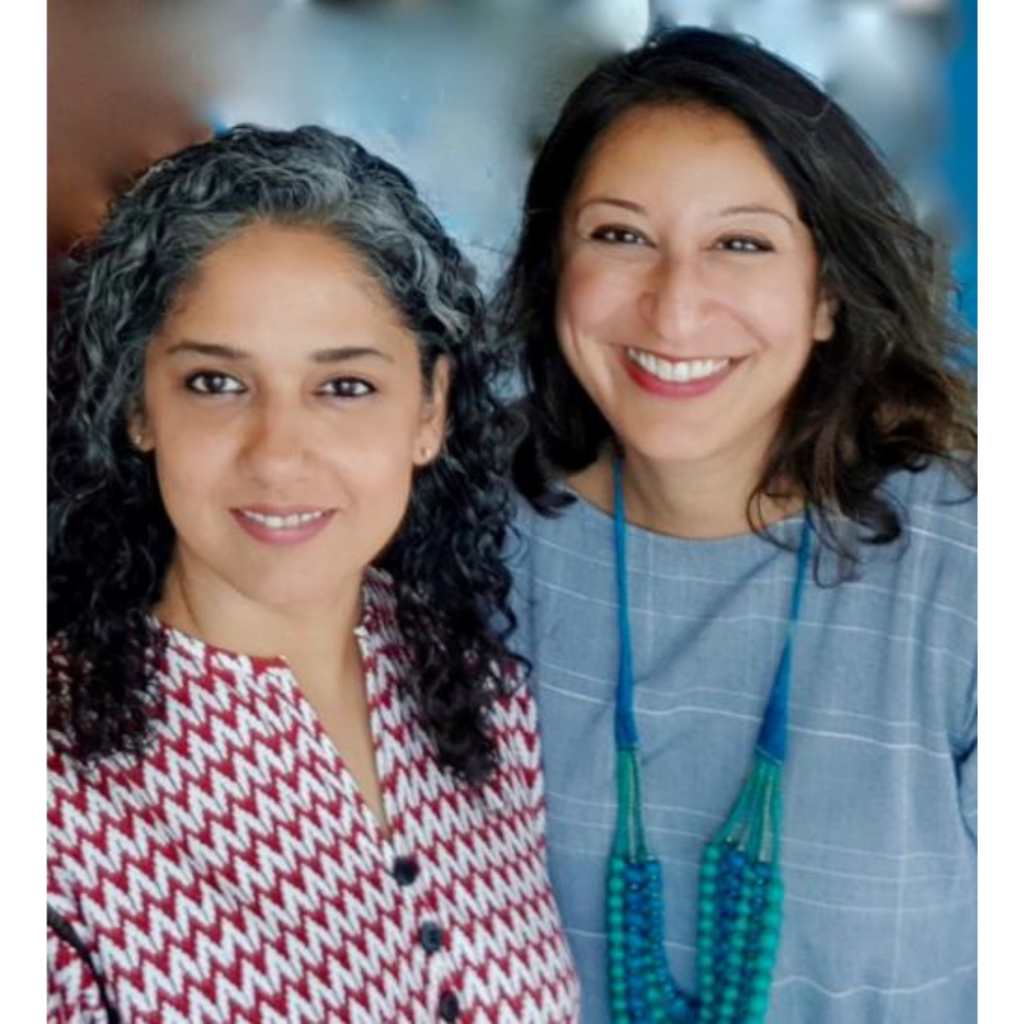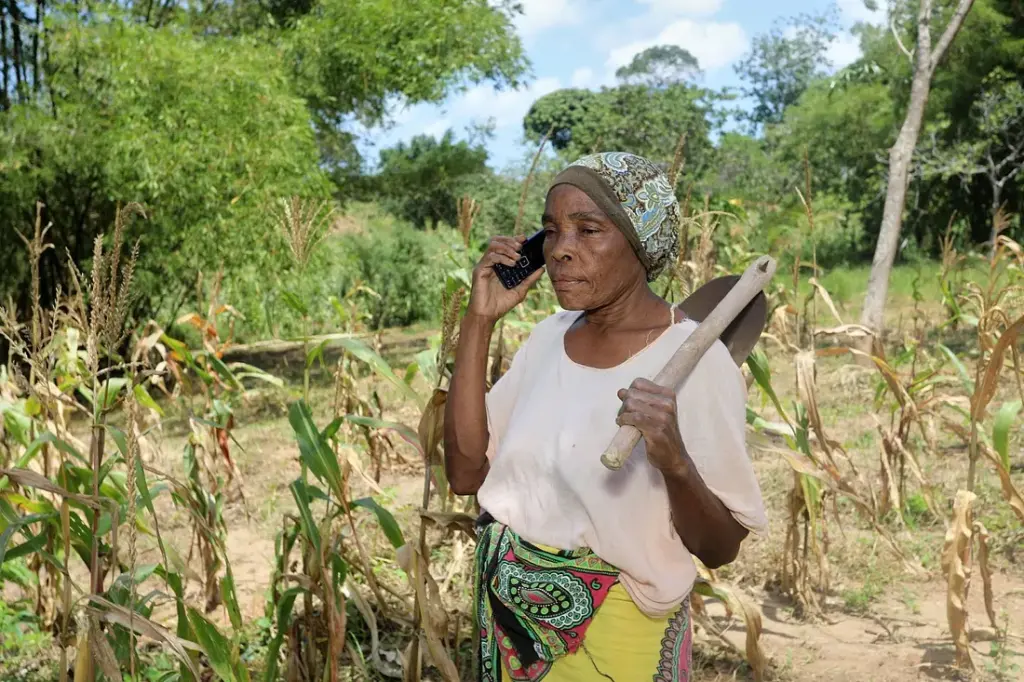
FUNDING
TARGET
Reach 87,920 women entrepreneurs and catalyze $1.6 billion in financing to WSMEs
TIMELINE
Round I: 2018 to 2030
Round III: 2020 to 2032
Round IV: 2023 – 2033
35 COUNTRIES
Afghanistan, Argentina, Benin, Brazil, Burkina Faso, Cambodia, Cameroon, Colombia, Côte d’Ivoire, Dominican Republic, Ecuador, Egypt, El Salvador, Ethiopia, Ghana, Guatemala, India, Indonesia, Iraq, Jordan, Kenya, Kosovo, Mali, Mauritania, Mexico, Myanmar, Nigeria, Pakistan, Peru, Philippines, South Africa, Sri Lanka, Tunisia, Turkey, Uzbekistan, Vietnam, and West Bank and Gaza.
Round I: Creating Finance and Markets for All
This global program supports women entrepreneurs in scaling their businesses by increasing access to finance and markets. To expand WSMEs’ access to finance, the program partners with financial actors to develop blended finance solutions that extend financing to new WSMEs. The program also fosters linkages between WSMEs and domestic and international buyers to enable WSMEs to expand into new markets. The key programmatic components are:
1. Expanding financial services: Supporting banks, fintechs, and insurance companies with blended finance investments to reach more WSMEs; providing advisory services to design and deploy products and services for women entrepreneurs.
2. Improving market access: Integrating women-owned small and medium enterprises into domestic and international value chains and producer networks; increasing procurement opportunities for WSMEs.
3. Strengthening entrepreneurial ecosystems: Championing gender-lens investing through funds, incubators, and accelerators; and providing direct investments in high-potential women entrepreneurs.
Round III: Enhancing Seed Capital, Technology, and Value Chain Solutions for WSMEs
Working through the IFC Startup Catalyst, this program reduces the early-stage financing gap for WSMEs by engaging with accelerators, incubators, and seed funds to expand pre-seed and seed capital to women-owned start-ups. It further increases WSMEs’ access to capital by supporting them in increasing their use of digital technologies within their business management operations. The key focus areas are:
1. Increasing the supply of equity finance for WSMEs at pre-seed and seed stages of investment through partnerships with funds, incubators, and accelerators.
2. Supporting WSMEs in expanding their operations through the uptake of digital financial technologies that enable WSMES to access capital from fintech firms
Round IV: Leveraging Finance, Data, and Technology Solutions to Grow Women Entrepreneurs
This program supports financial service providers to increase lending for WSMEs and strengthen the capacity of banks, investors and investees to collect and use sex-disaggregated data. Support is directed at financial service providers to develop financial products to WSMEs and expand lending to the WSME segment by using blended finance mechanisms. Investments are complemented by advisory services to increase sex-disaggregated data collection and the utilization of data to support lending assessments and reduce gender bias within financial systems. The focus areas include:
1. Investing in financial service providers to increase access to finance for WSMEs and mitigate COVID effects. We-Fi funds are used to support financial intermediaries in developing tailored financial services to WSMEs and incentivizing them to expand lending to women entrepreneurs by using blended finance instruments, including performance incentives.
2. Sex-disaggregated data initiative to provide advisory services to financial services providers and policymakers. Policy level engagements to support Central Banks in adopting national definitions for womenowned/-led businesses and implementing guidance on sex-disaggregated data reporting requirements across the financial services sector. This is complemented by supporting financial institutions in tracking and reporting sex-disaggregated data.
RECENT UPDATES
Program Contact
Hanh Nam Nguyen (nnam[at]ifc.org)










